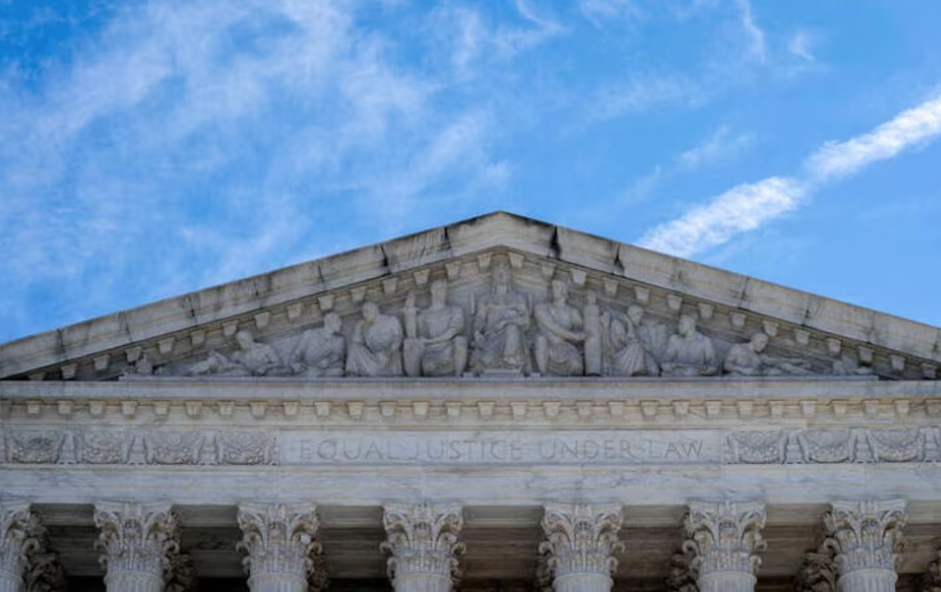The 5th U.S. Circuit Court of Appeals in New Orleans has ruled that Louisiana can end a 32-year-old consent decree designed to ensure Black voters have a fair chance to elect representatives to the state’s Supreme Court. In an 11-7 decision on Thursday, the court overturned a lower court judge’s requirement that Louisiana prove it had eradicated “the vestiges of past discrimination” before dissolving the Chisom Decree.
Circuit Judge Kurt Engelhardt, writing for the majority, argued that this requirement placed an “impossible to satisfy” burden on the state. He stated that Louisiana’s compliance with the eight remedial measures outlined in the 1992 decree, which mandated the creation of a majority-minority district in Orleans Parish, was sufficient.
In contrast, Circuit Judge Jacques Wiener, one of the dissenting judges, contended that Louisiana had not provided adequate evidence of compliance. He also criticized the state’s refusal to commit to maintaining a majority-minority district after the decree’s dissolution. Judge Engelhardt acknowledged this concern but assured that federal law would offer a remedy if future violations occurred after the decree was lifted.
All 11 judges in the majority were appointed by Republican presidents, while the five dissenting judges were appointed by Democratic presidents, with two appointed by Republican presidents. The decision comes after Republican Governor Jeff Landry signed Act 7 in May, establishing two majority-minority districts, which could potentially enhance Black representation on Louisiana’s seven-member Supreme Court.
Act 7 led Black voters, who had long supported the Chisom Decree, to request its dissolution, aligning all parties involved in the litigation. However, dissenting Judge Stephen Higginson argued that the district court should have had the opportunity to determine whether Act 7 constituted a significant enough change to warrant ending the decree.
Lawyers representing the Black voters did not immediately respond to requests for comment. The case is titled Chisom et al v. Louisiana, 5th U.S. Circuit Court of Appeals, No. 22-30320.

